The band’s songwriting process is definitely a collaborative effort. “I write all the songs, though several come about from jams, or at least evolved within them,” states Carlton-Pearson. “Michael and Brian contribute a lot in the way of arrangement, rhythmic conception, and what's perhaps the most significant thing, how much fire they cook up playing. That then permeates the whole ‘thing’; it changes the way I sing the lyrics I wrote; it gives the song more real-life meaning. {The song} has to be a living thing, and that happens because of the band.
The band traveled to New Paltz, NY, to work with Tom Deis at Pineapple Room Studio. “I've known Tom for 16 years now. We've been in bands together and worked together a fair bit, but moreover, we're just really good friends,” says Carlton-Pearson. “Tom worked so fucking hard on this record it's ridiculous. He signed up for one of the gnarliest hazings an engineer could go for, going into a 100% analog recording process from a largely digital workflow and buying several pieces of equipment specifically for Luddite. All the technical limitations we experienced just wound up being the magic on the tape at the end, which is why we chose to do the whole thing as we did.”
“I wanted to work with Tom basically because I trusted him. I trusted him musically, and I trusted him personally. He gets it. He gets that music is a spiritual entity you access through the physical world. I guess this whole recording was way more intense and vulnerable than I'd like to admit. I trusted his understanding of how to use technology to capture the spirit of things.”
When asked why the band decided on analog, “Because it sounds better,” replies Carlton-Pearson, “It just does.“
Carlton-Pearson states it best on the reason we all love music, whether we are listening or playing, creating or feeling, “You get to stop being you and get to be everything for a moment.”
Invocation:
Carolyn: I love the instrumentals that PSDSP creates. To put this lovely piece at the beginning of an album is the best way to seduce you into wanting more from them. I love how the song builds and explodes like a good orgasm.
William: What’s an invocation? It’s a summoning of the gods or the spirits and that’s exactly what this song feels like. It’s a slow build to a kind of march and it tells you that this album is going to take you on a journey to a place you haven’t been to or you may not recognize.
Guitars:
Carolyn: Crunchy and meaty like fried chicken, but tastes like guitars.
William: If there’s a hit single on this album then Guitars is it. Even though I think it’s the most approachable song, I still couldn’t figure out the lyrics in the first hundred listens. It wasn’t until I finally read them on Bandcamp that I understood that one of the references is to a TV repair shop in Georgia that gets a four-and-a-half star rating on Yelp. That’s pretty darn good.
Shoulder:
William: Three songs in is when I feel like this now feels like a grunge album with the ominous guitar build. I felt echoes of SoundGarden here. I also feel like we’ve left the commercial realm of “Guitars” and entered a space that’s at once threatening but also hopeful.
Carolyn: I love, love, love the wild and crazy time signatures that open this song, then it’s all chaos, hard driving insanity and magnificent poetry., “Sing a hopeful song, to the corpses of fir and pine.”
Little Red Satchels Of Tobacco:
Carolyn: This song has such a groovy groove. It’s soft yet piercing, crunchy yet smooth, spacey yet grounded. And again, that poetry, “time travel to the gap in the suture, burst through to bear your future name.”
William: Again, there’s just so much going on here. I love the synthesizer. It’s super spacey and psychedelic but in no way campy. I feel it in my gut like I sometimes do with Pink Floyd’s “Welcome to the Machine.” I realize that’s super unique to me but that’s the only way I can describe it. So if you ever get that feeling, then maybe you’ll get that feeling
Ice Age:
Carolyn: This is one of those songs that, and I quote myself, “fucks you sonically” and takes you on this crazy roller coaster of sound while driving itself directly into your brain.
William: This is the one song on the album that I felt would be better live. When you catch a PSDSP show, the band can go into these long instrumental jams and the entire room moves together as one. That’s what I was reminded of from the count off to this song.
Booze, Blues and Bruises
William: After “Ice Age;” “Booze, Blues and Bruises” is positively uplifting. Maybe “Guitars” isn’t my favorite song on the album. Maybe this is. It’s another piece that just has so many layers and I appreciate it more with each listen.
Carolyn: This is just a lovely song, both musically and lyrically. It says, “forgiveness,” it says, “redemption,” it says “I am trying to find myself.” But that’s just my opinion.
Geology:
Carolyn: Sometimes I want to get inside Eli’s head and see where his lyrics come from. I want to see the closets, shelves and boxes he stores his ideas and imagery. I want to see them processed through his brain before they become lyrics. That’s how I feel about this song.
William: This is a song about Isabel Montañez. No, no, I’m kidding. I want to mention lyrics and meter here. You can maybe say this about every song on the album but what’s so interesting is the irregular meter throughout and in “Geology,” listening to the way the band transitions from each of the four stanzas, but they’re not really stanzas - sections? non-stanzas?
Luddite:
William: I have a tough time with this one. It’s an interesting piece to listen to but I haven’t yet come to appreciate the spoken word aspect. Maybe I’ll get there eventually.
Carolyn: If surf music took a shit ton of acid and hooked up with a speed freak in order to create a love child of a song, that’s this one. I agree with William on the spoken word part, seems a bit random and my flow with the album got sidetracked with it.
A Song To Sing:
Carolyn: I think it's brilliant that Eli uses a lot of the natural world in his lyrical imagery. The analogies of his experience in life are often sung in metaphors of forests, hillsides and dirt.
William: After a journey of through space and time and riding along with some dark demons, “A Song to Sing” feels like it neatly closes the door and gives the listener a way to feel human because, after all and despite everything, “there's food in the fridge and beer in the song.”
Overall Reactions To Luddite:
William: I’ve probably played Luddite through at least twenty times already and there’s so much going on, and so many complex layers, that I recommend listening in a dark room with your favorite headphones. It’s one of those albums that hits you right in the neurons. It’s about the human condition, what it means to be human. It’s about human relationships with other human beings and our relationship with the universe and everything within the universe and how we’re all organisms living in a container called earth and how our beliefs and actions are affecting the earth and ultimately ourselves.
Carolyn: Yeah, what he said!
www.psdsp.bandcamp.com
Plus check out the amazing video of "Shoulder" by Jenn Chan at Owl Mountain Studio, Inverness, CA
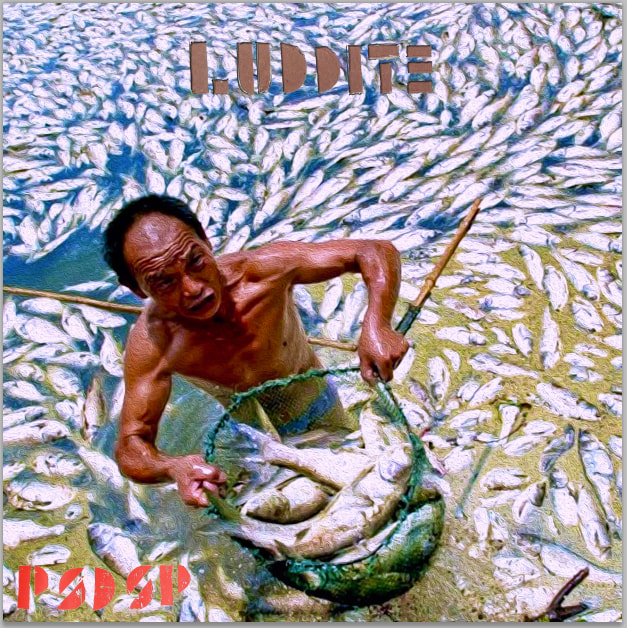
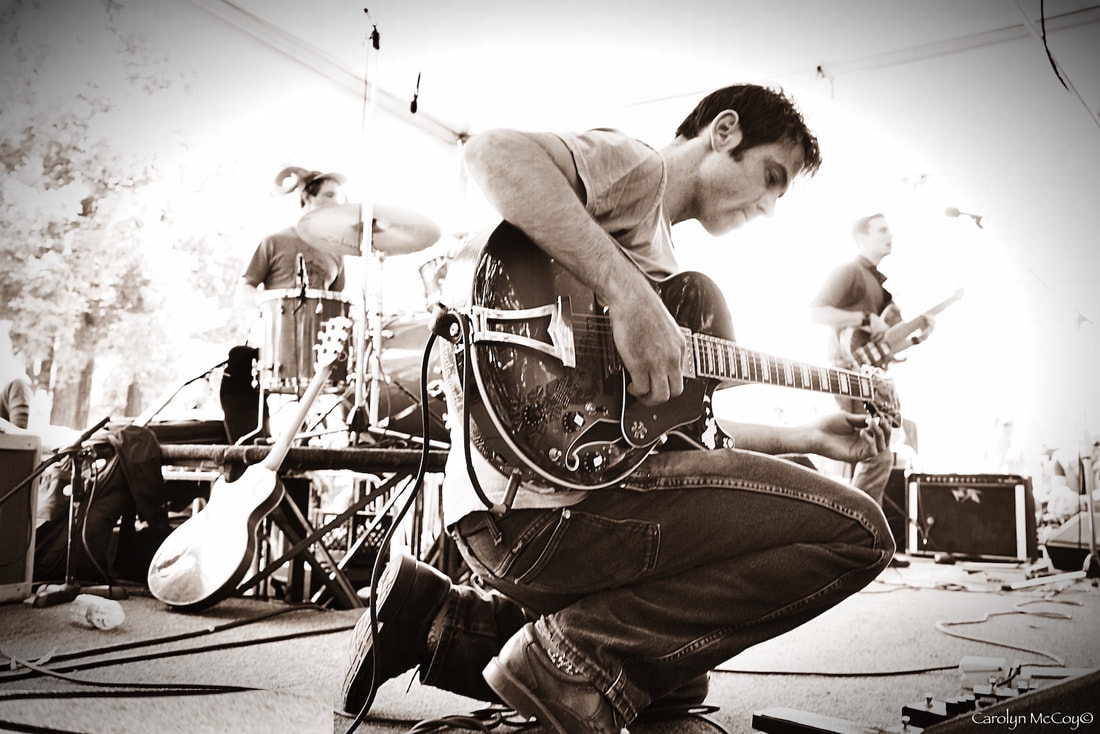
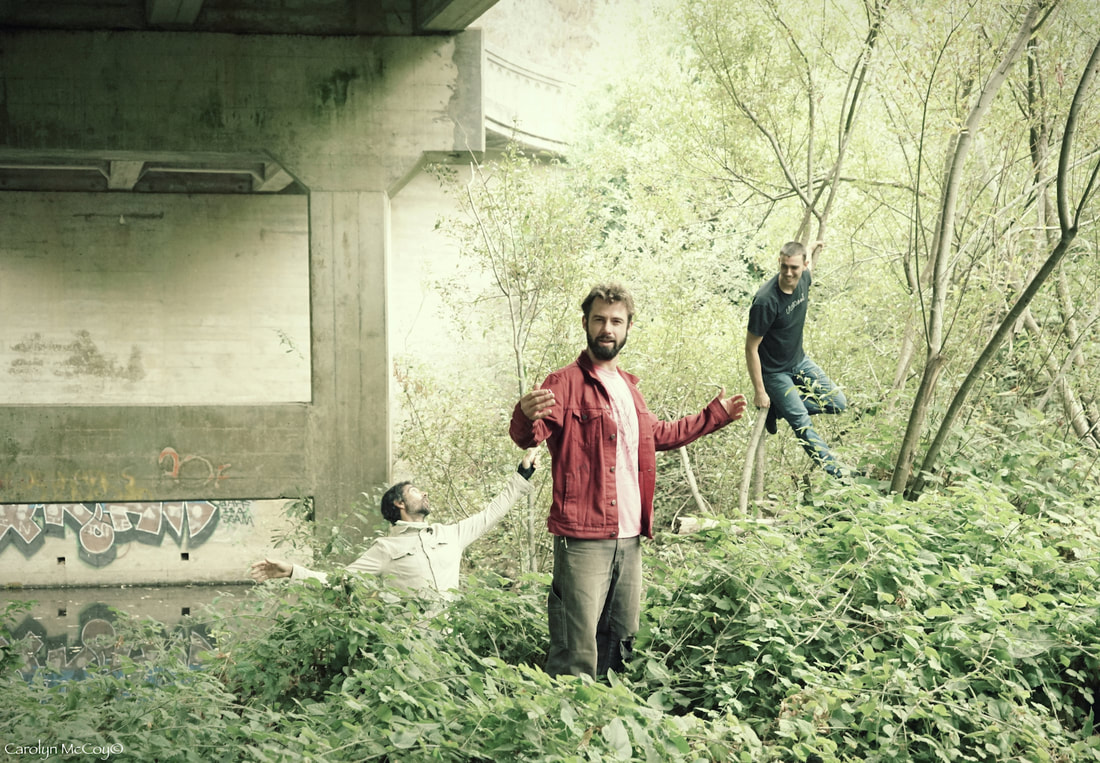
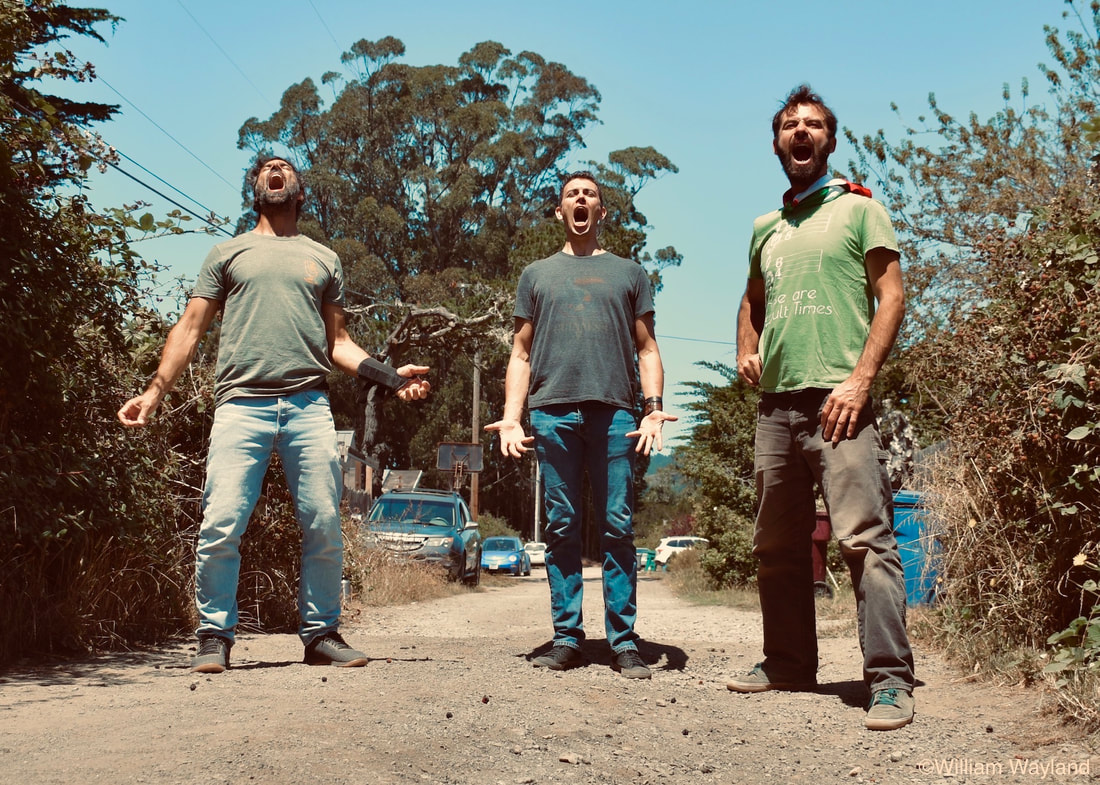
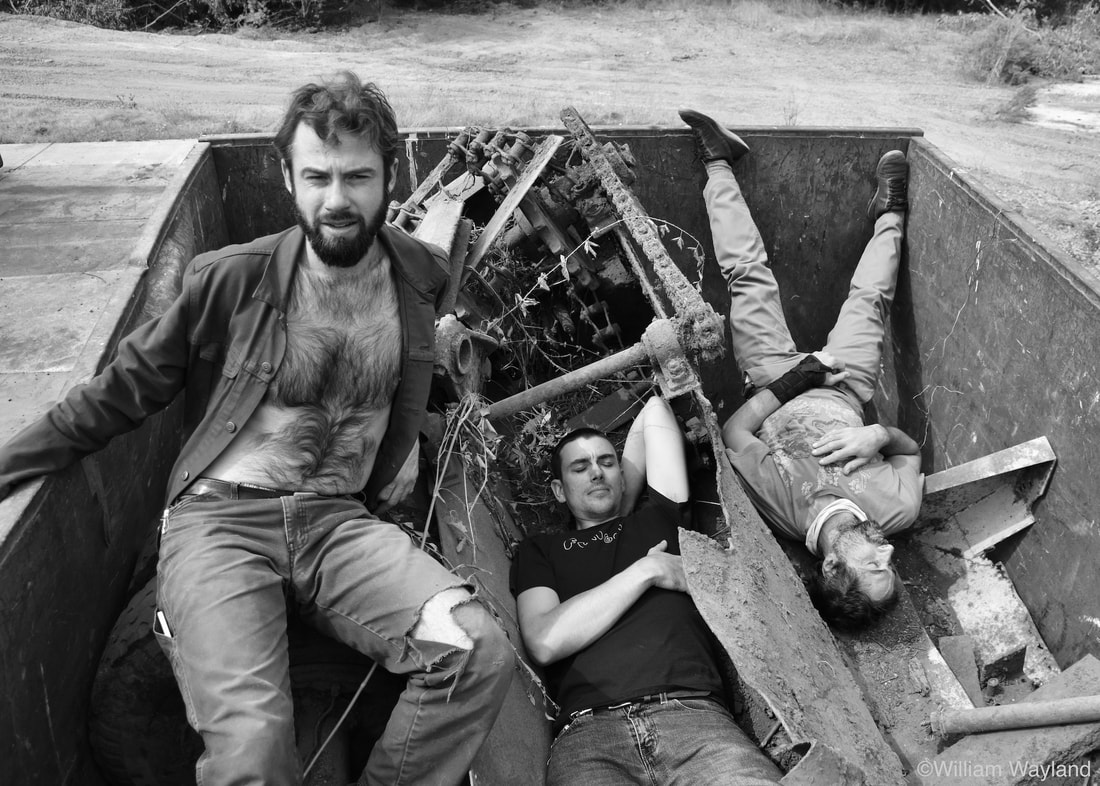
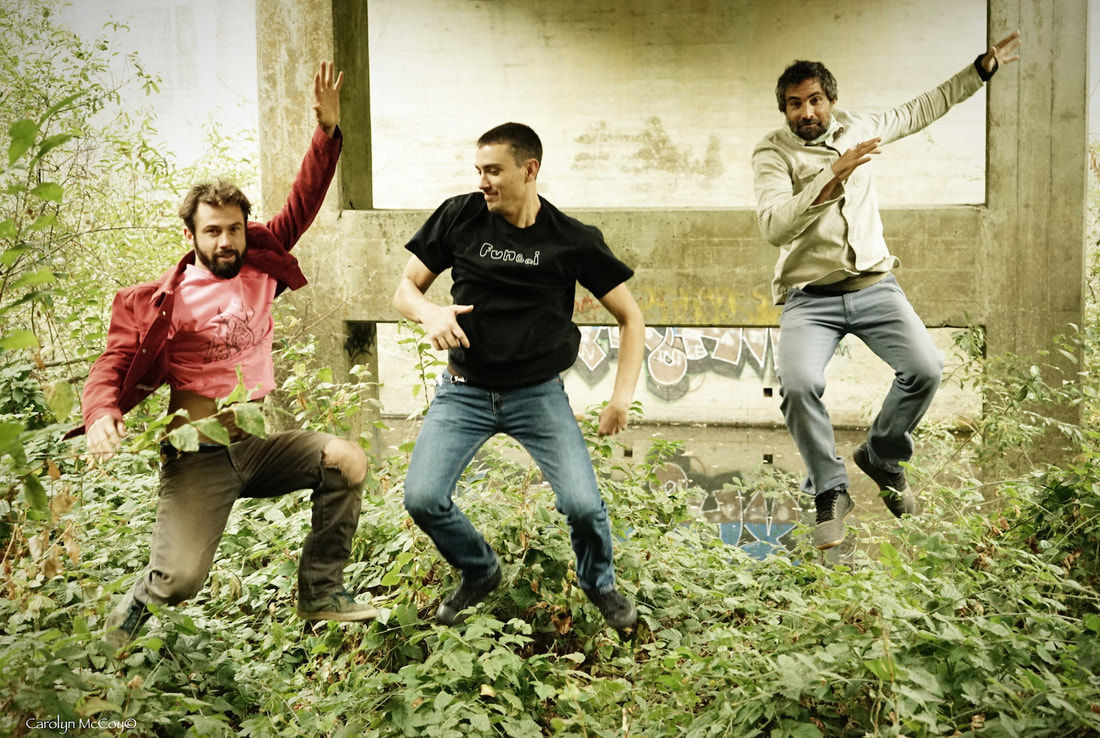
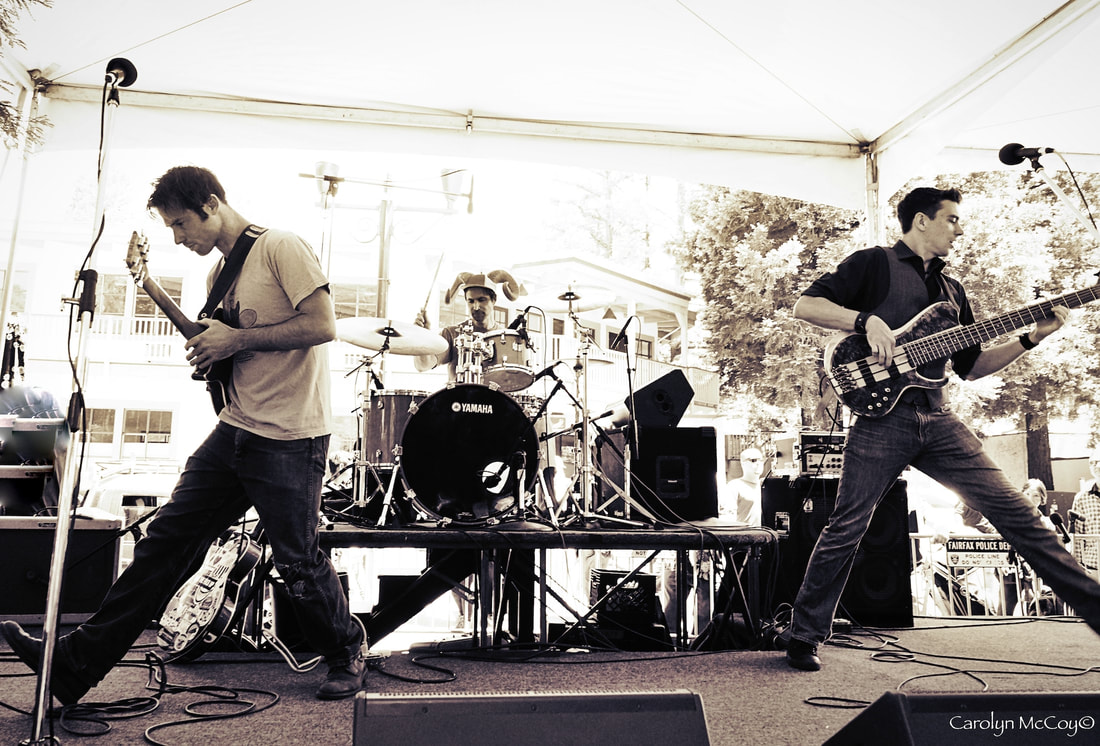
 RSS Feed
RSS Feed
